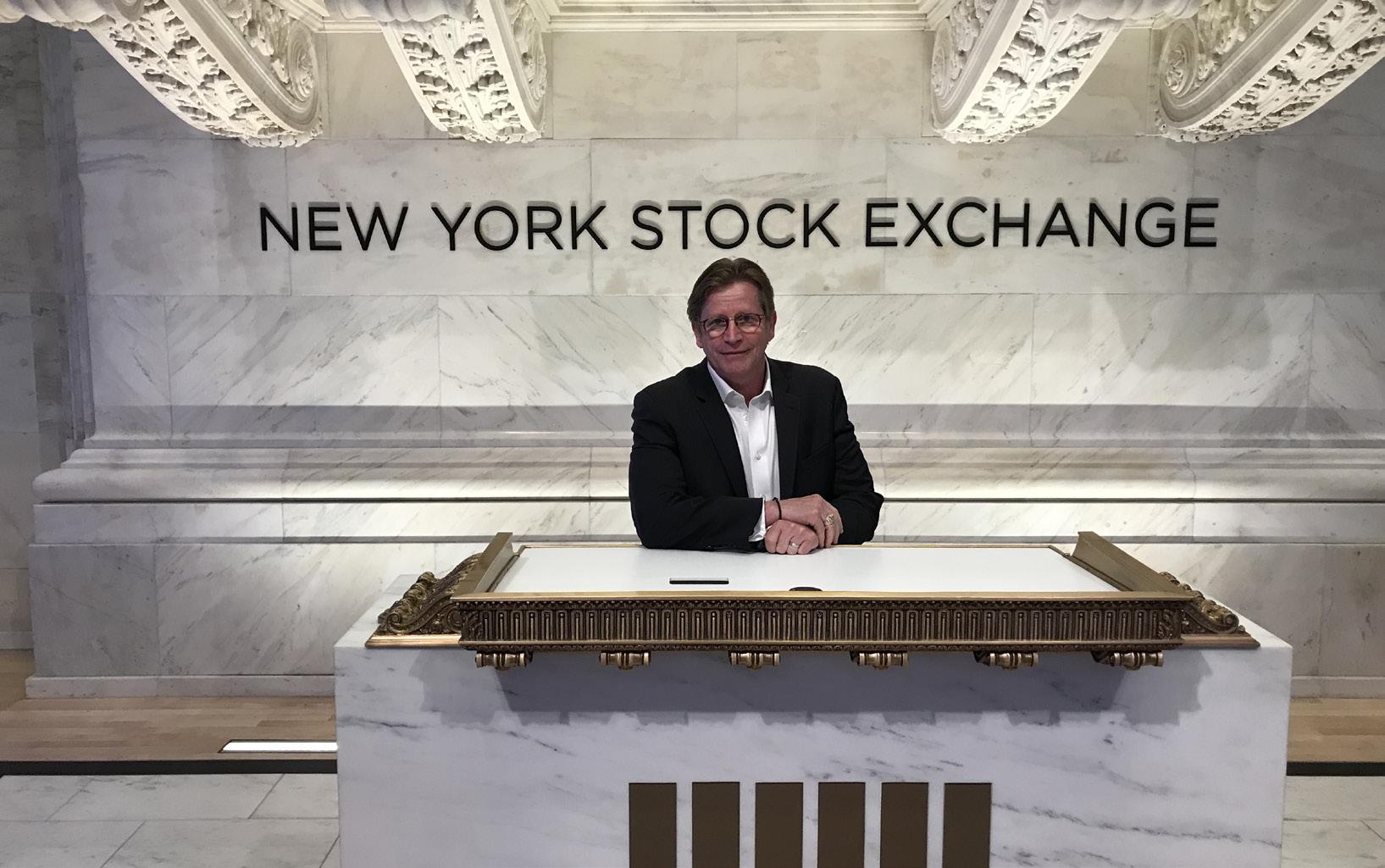
3 minute read
Active vs. Passive
FUND MANAGEMENT debate intensifies
Market turbulence may boost alpha strategies
Advertisement
The debate over actively managed funds versus passive investments has raged for years, but recent market fluctuations have added a new twist.
According to the S&P Indices Versus Active Scorecard (SPIVA) released in mid-2020, indexed (passively managed) funds returned higher returns over each of the last 10 years. Although actively managed funds posted what SPIVA termed “excellent absolute returns”, most active funds were unable to outperform their benchmarks. But remember, we experienced the longest “bull market” during that same period. These averages can be misleading.
Both types of strategies have their advantages for individual investors. While low-fee indexed funds mimic index performance and appeal to the “cost conscious investor”, actively managed investments have the potential to outperform the market during periods of market volatility.
Other inexperienced, “do-ityourself”, investors look to passive investments such as indexed funds or exchanged traded funds (ETFs) without really understanding how they work, or what the underlying securities are that comprise the index, according to Thomas F. Scuccimarra, MBA, president and CEO of Thomas Wealth Advisors in the metropolitan New York City area.
“Before the pandemic, everyone thought than an index fund, such as the S&P500, was all they needed in their retirement portfolios” Scuccimarra said. That’s understandable seeing that we’ve experienced a 9.5 year “bull market” the longest in history. “All changed with the COVID pandemic. From February 10th to March 16th the market plunged 32%.Put that into context, a third of your retirement investment, one that took over 25 to 30 years to build was lost almost overnight.
If you just hang on to the old methodology of how you invested before – basically buy, hold, and hope – you may see another calamity in the marketplace if there is a significant second wave.” A true apples-to apples comparison of actively vs. passively managed investments requires more than simply looking at “averages” and one year returns. Scuccimarra advises clients to do the research and find those active managers that have outperformed their benchmark for, not one year, but five and ten years whenever possible.

Scuccimarra spends considerable time with his clients to understand their individual situations and educate them about their options before he recommends investments.
“I want to make sure they understand how these investments work and fit into their portfolios. Simply buying one mutual fund after another isn’t a sound investment strategy. A good asset allocation with a diverse portfolio can smooth out the bumps and provide downside protection.
A retired naval officer and intelligence analyst, Scuccimarra focuses on federal employees and military veterans. Many of his clients are referrals seeking a financial advisor with a military or government background and extensive financial services experience.
“There are almost three million federal employees and they’re a very underserved segment. Many of them have never seen a financial advisor before. Typically, they come in about a month before their retirement with a deer-in-the-headlights look: they simply don’tknow what to do or where to start,” said Scuccimarra. “How should I invest the money invested in my Thrift Savings Plan – which is similar to a 401(k)? What are my insurance options in retirement and what should I do about long-term care? These will be the largest financial decisions they have ever made and will determine the quality of their retirement years. It can be very intimidating.
I meet with them three or more times, getting to know what their goals are while building trust. Then we work together create a solid retirement plan that will address all of their concerns and achieve their objectives.

He added, “I have an affinity for people who have served our country in any capacity. They will always have my undivided attention.”
For more information on Thomas Wealth Advisors, visit: thomaswealthadvisors. com











